Tulku Thondup - The Heart of Unconditional Love: A Powerful New Approach to Loving-Kindness Meditation
Here you can read online Tulku Thondup - The Heart of Unconditional Love: A Powerful New Approach to Loving-Kindness Meditation full text of the book (entire story) in english for free. Download pdf and epub, get meaning, cover and reviews about this ebook. year: 2015, publisher: Shambhala, genre: Religion. Description of the work, (preface) as well as reviews are available. Best literature library LitArk.com created for fans of good reading and offers a wide selection of genres:
Romance novel
Science fiction
Adventure
Detective
Science
History
Home and family
Prose
Art
Politics
Computer
Non-fiction
Religion
Business
Children
Humor
Choose a favorite category and find really read worthwhile books. Enjoy immersion in the world of imagination, feel the emotions of the characters or learn something new for yourself, make an fascinating discovery.
- Book:The Heart of Unconditional Love: A Powerful New Approach to Loving-Kindness Meditation
- Author:
- Publisher:Shambhala
- Genre:
- Year:2015
- Rating:4 / 5
- Favourites:Add to favourites
- Your mark:
The Heart of Unconditional Love: A Powerful New Approach to Loving-Kindness Meditation: summary, description and annotation
We offer to read an annotation, description, summary or preface (depends on what the author of the book "The Heart of Unconditional Love: A Powerful New Approach to Loving-Kindness Meditation" wrote himself). If you haven't found the necessary information about the book — write in the comments, we will try to find it.
The unconditional love that we all long forin our own lives and in the world around uscan be awakened effectively with this unique approach to the Tibetan Buddhist practice of loving-kindness meditation. Tulku Thondup gives detailed guidance for meditation, prayers, and visualization in four simple stages that can be practiced in as little as thirty minutes a session. The four-stage format is a brand-new approach being presented for the first time in English, distilled from the authors lifelong study and practice of authentic, traditional teachings.
What if we could experience not only our own body, mind, and heart as a boundless source of loving-kindness, but every particle of the world around us as a beautiful realm filled with the blessing energies of the Buddhas and their celestial abodes? The whole environment would become a miraculous display of unconditional love, wisdom, and power, accompanied by the sweet music of holy prayers and inspirational teachings. This is not just a dream or a fantasy but an effective meditation practice that can bring relief from stress, healing to mind and body, healthier relationships, and a positive new outlook on the world around you.
Loving-kindness meditations are a highly effective way to generate positive causation, bring true peace and love into our lives, and release ourselves from habitual suffering. When we train ourselves to desire the happiness and well-being of others, with the unconditional love of a mother who cares wholeheartedly for her little ones, we find our whole world pervaded by the positive qualities of joy, peace, and beauty. The training can be compared to sunbathing. As our body absorbs the suns heat, it becomes warm and gradually emanates that warmth into our surroundings. In the same way, through devotion and trust in the Buddha of Loving-Kindness, we immerse our mind in his unconditional love, which we then radiate to those around us.
The Heart of Unconditional Lovepresents this meditation in a new, four-stage format distilled from the authors lifelong study and practice of authentic, traditional teachings. The meditation can be practiced in as little as thirty minutes a session:
In the Outer Buddha Stage, we open our heart with trust and devotion to the Buddha of Loving-Kindness and enjoy his unconditional love.
In the Inner Buddha Stage, we experience the Buddhas unconditional love within and for ourselves.
In the Universal Buddha Stage, we learn to see, hear, and feel the world around us as a blessed realm of unconditional love.
In the Ultimate Buddha Stage, we rest in the awareness of unconditional love free from conceptual thinking.
Designed to be accessible to newcomers as well as experienced meditators, this presentation is a brand-new approach to loving-kindness meditation, being published in English for the first time.
Tulku Thondup: author's other books
Who wrote The Heart of Unconditional Love: A Powerful New Approach to Loving-Kindness Meditation? Find out the surname, the name of the author of the book and a list of all author's works by series.


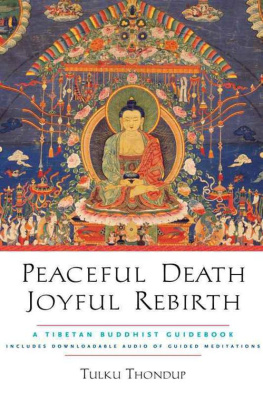
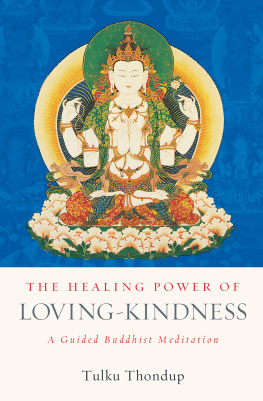

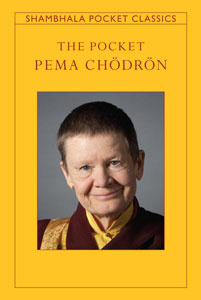

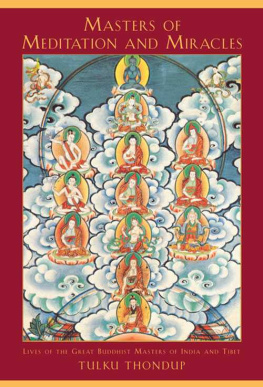

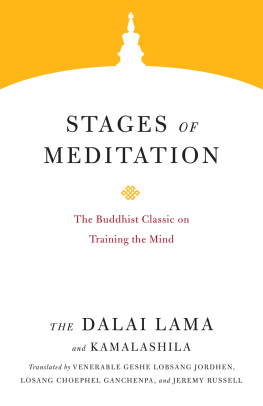
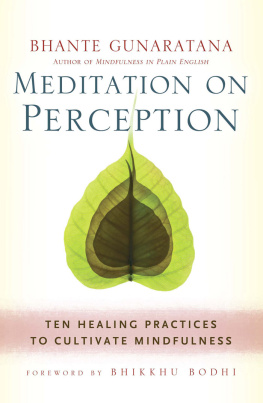
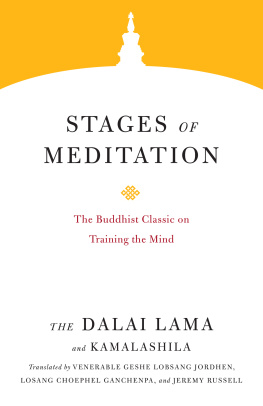

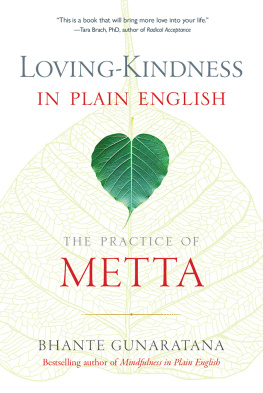
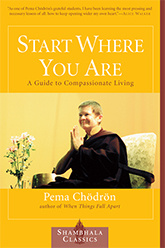
 Or visit us online to sign up at shambhala.com/edharmaquotes.
Or visit us online to sign up at shambhala.com/edharmaquotes. 